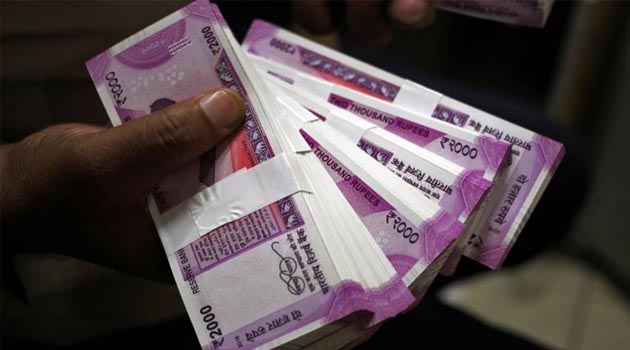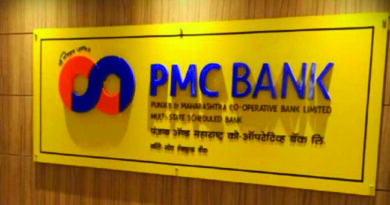Depositors can claim unclaimed amount refund from DEA Fund
Customers or depositors can claim a refund of their unclaimed amounts from their banks. After paying the depositor with interest, banks can lodge a claim for a refund from the Depositor Education and Awareness (DEA) Fund.
“Based on the claim request made by the customer/depositor or legal heirs (in the case of deceased depositors), the banks shall repay the customer/depositor along with interest (applicable only in the case of interest-bearing deposit accounts) and then lodge a claim for a refund from the DEA Fund maintained by the Reserve Bank of India (RBI) for an equivalent amount paid to the customer/depositor,” states an FAQ on the DEA Fund Scheme, 2014.
The (DEA Fund) Scheme, 2014, was formulated by the RBI. The scheme came into effect on May 24, 2014, i.e., the date of notification of the scheme in the Official Gazette of India.
According to the FAQ, the amounts credited to the DEA Fund are the credit balances in any deposit account maintained with banks (commercial banks, co-operative banks), which have not been operated for 10 years or more by the depositor, or any amount remaining unclaimed for 10 years or more.
Furthermore, there is no specific time limit prescribed in the scheme for claiming a refund from the DEA Fund by the depositor. However, depositors or legal heirs are encouraged to claim such amounts as soon as they become aware of unclaimed funds.
In case the bank is under liquidation during the demand for unclaimed funds, the customer will have to approach the liquidator for the claim, which will be settled according to the prescribed procedures.
In the case of a bank under liquidation, the depositor has to approach the liquidator of the bank for a claim, and the liquidator would settle the claim as per the required procedure. In case of claims on deposits covered by Deposit Insurance and Credit Guarantee Corporation (DICGC), then the liquidator can claim the equivalent amount to what could have been claimed by DICGC i.e., up to Rs 5 lakh currently.
However, if the deposit amount is above the insurance coverage of DICGC, then the liquidator can claim the amount only on a reimbursement basis.
Whereas, in the case where the claim on deposits is not covered by DICGC at the time of transfer to DEA Fund, the payment to the liquidator by DEA Fund shall be made only on a reimbursement basis.




